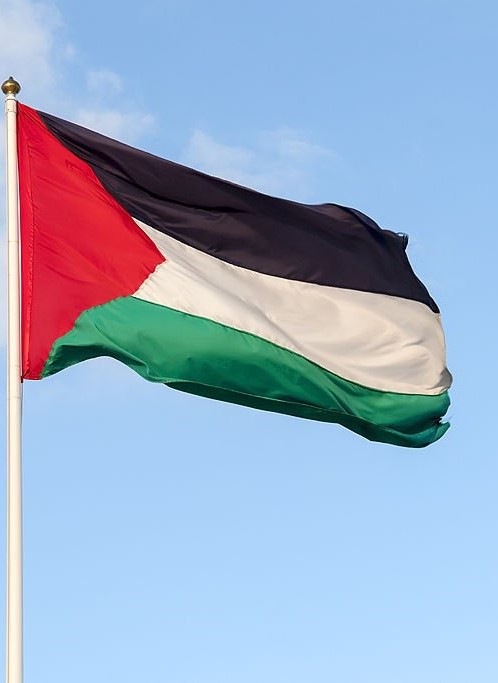
People can have different points of view when it comes to political orientations, but one cannot have a different point of view regarding history. What Palestine is going through did not start on the 7th of October 2023, no matter your position towards this “conflict”.
In fact, the use of the word conflict is not fundamentally correct: the Cambridge dictionary defines the word conflict as the following: “an active disagreement between people with opposing opinions or principles”. However, the so-called Israeli-Palestinian “conflict” has roots dating back nearly a century, initiated when Britain, under the Balfour Declaration during World War I, promised to create a Jewish homeland in Palestine after taking control from the Ottoman Empire in 1917. This led to a significant Jewish migration, particularly as many fled Nazism, increasing the Jewish population in Palestine from 6% to 33% between 1918 and 1947. As a matter of fact, the definition provided by the Cambridge dictionary does not apply to the history of Palestine; there was no disagreement, just one historical fact: Jewish people settled in a land called Palestine.
What followed was a demographic change that alarmed Palestinians, sparking tensions that culminated in a revolt from 1936 to 1939. Zionist organizations pushed for a Jewish state, and violence escalated as armed groups targeted Palestinian communities, leading to widespread displacement. In 1947, the UN proposed a partition plan (Resolution 181) that allocated approximately 55% of the land to Jews and 45% to Arabs, designating Jerusalem as an international zone.
Another wave of displacement occurred during the Six-Day War in 1967, when Israel captured East Jerusalem and the West Bank, territories that remain contentious and are viewed as occupied by the international community.
In 1993, the Oslo Accords marked a pivotal moment, with Palestinian leader Yasser Arafat and Israeli Prime Minister Yitzhak Rabin recognizing each other and attempting to establish peace. The subsequent 1995 agreement divided the West Bank into Areas A, B, and C, but Israeli settlements rapidly expanded, complicating the peace process. Today, around 700,000 settlers live in these areas, exacerbating tensions and restricting Palestinian movement.
Since Hamas' rise to power in Gaza in 2007, Israel has imposed a blockade that persists, intensifying humanitarian issues. Most recently, an armed “conflict” between Israel and Hamas-led Palestinian militant groups has been taking place in the Gaza Strip and Israel since 7 October 2023.
The Rome Statute of the International Criminal Court defines genocide as “acts committed with intent to destroy, in whole or in part, a national, ethnical, racial, or religious group.” Reflecting on the latest toll of 43,686 Palestinian deaths raises a crucial question: Can “the intent to destroy” be denied when tens of thousands of lives are claimed in the name of reclaiming land that was originally allocated through a declaration?